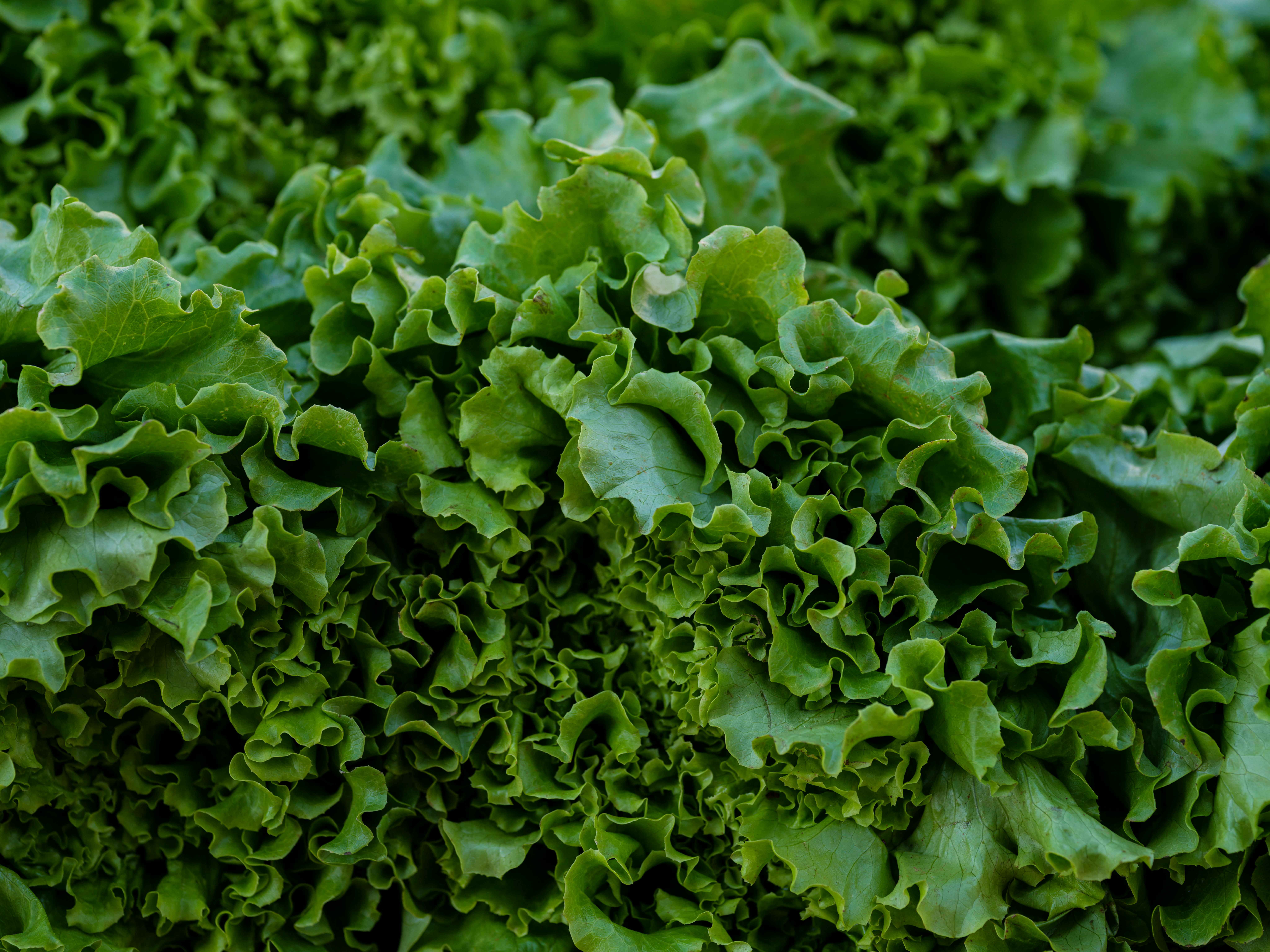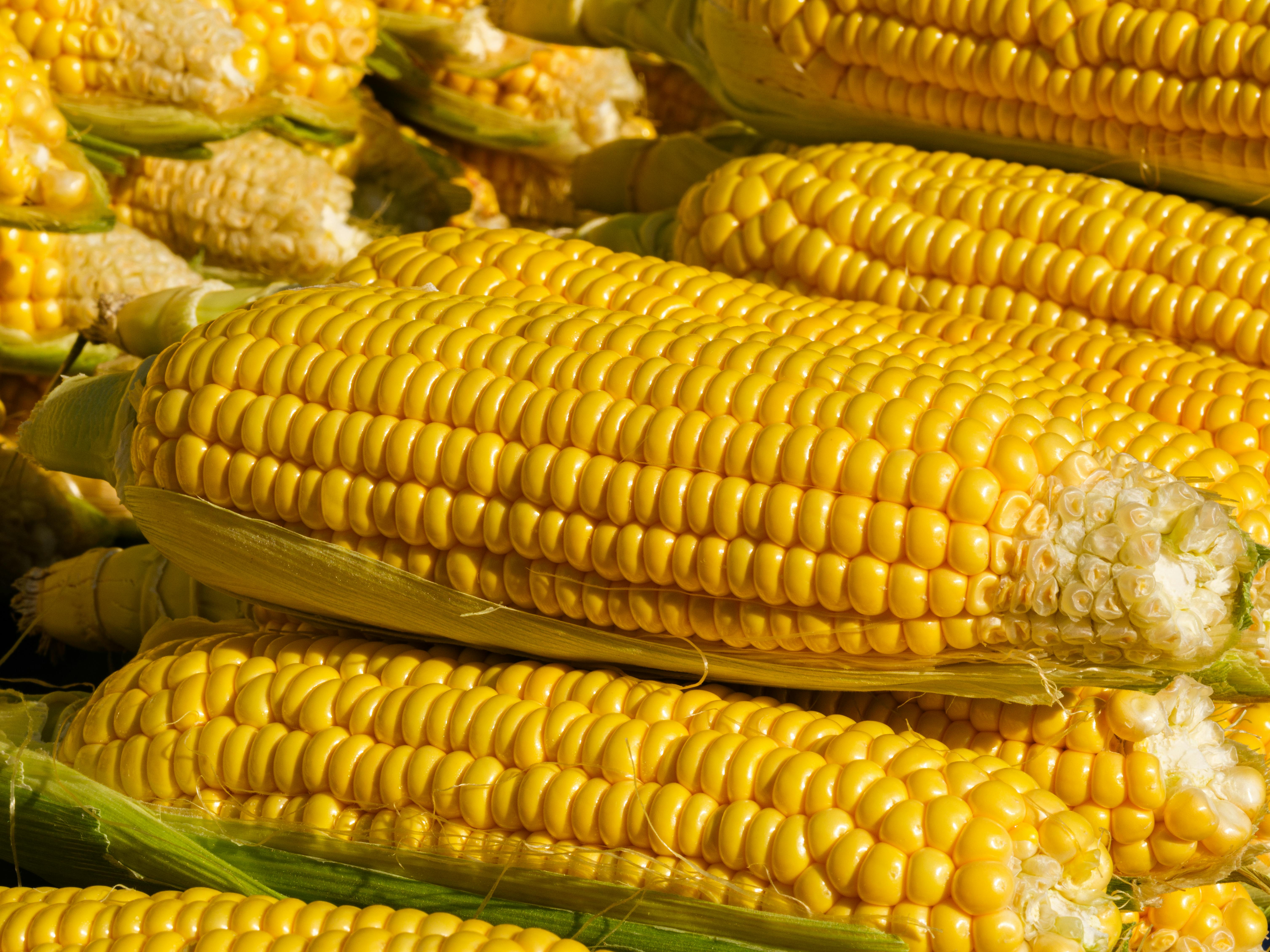As a senior, taking care of your health becomes even more important, and one common concern that arises is the risk of osteoporosis. But fret not, because nutrition can play a crucial role in preventing this condition. By ensuring you consume a diet rich in calcium, vitamin D, and other important nutrients, you can strengthen your bones and reduce the likelihood of osteoporosis. This article will explore how nutrition can be your best ally in maintaining strong and healthy bones, ensuring you can lead an active and fulfilling life in your golden years.
Understanding Osteoporosis in Seniors
Osteoporosis is a bone disease that affects many seniors worldwide. It is characterized by a decrease in bone density and quality, which leads to an increased risk of fractures. As we age, our bones naturally become more fragile, and seniors are particularly susceptible to developing osteoporosis. Understanding this condition is crucial to take the necessary steps to prevent it and maintain optimal bone health.
Definition of Osteoporosis
Osteoporosis is a condition in which the bones become weak and brittle due to a decrease in bone density and mass. It occurs when the body loses too much bone tissue or fails to make enough new bone. This results in bones that are prone to fractures, even with minor falls or accidents. Osteoporosis is often referred to as a “silent disease” because it progresses without causing any noticeable symptoms until a fracture occurs.

Prevalence of Osteoporosis in Seniors
Osteoporosis is a widespread condition, especially among seniors. According to the International Osteoporosis Foundation, it is estimated that worldwide, one in three women over the age of 50 will experience osteoporotic fractures, as well as one in five men. These fractures can have severe consequences, including chronic pain, loss of mobility, and increased dependency on others. Understanding the prevalence of osteoporosis underscores the importance of taking preventive measures to protect bone health.
Risk Factors for Osteoporosis in Seniors
Several risk factors contribute to the development of osteoporosis in seniors. Advanced age is one of the primary risk factors, as bone density naturally declines with age. Gender also plays a role, as women are at a higher risk than men due to hormonal changes during menopause. Other risk factors include a family history of osteoporosis, a sedentary lifestyle, a history of fractures, low body weight, smoking, excessive alcohol consumption, and certain medical conditions and medications. It is crucial to be aware of these risk factors and address them accordingly to minimize the risk of osteoporosis.

Essential Nutrients for Bone Health
A well-balanced diet is crucial for maintaining strong and healthy bones. Several essential nutrients play a vital role in supporting bone health. These nutrients include calcium, vitamin D, magnesium, phosphorus, vitamin K, protein, and omega-3 fatty acids. By ensuring an adequate intake of these nutrients, seniors can support their bone health and reduce the risk of osteoporosis.
Calcium
Calcium is a key nutrient for building and maintaining strong bones. It is responsible for the structural integrity of bones and teeth. Seniors should aim for a daily calcium intake of 1,000 to 1,200 milligrams, depending on their age and gender. Good sources of calcium include dairy products like milk, cheese, and yogurt, as well as fortified plant-based milks, such as almond or soy milk. Leafy green vegetables, such as kale and broccoli, also contain calcium.
Vitamin D
Vitamin D is essential for the absorption and utilization of calcium in the body. It helps regulate calcium levels and promotes bone mineralization. Sunlight exposure is the primary source of vitamin D, as our bodies can synthesize it when the skin is exposed to sunlight. However, seniors may have reduced sun exposure, so it is important to obtain vitamin D from other sources like fatty fish (e.g., salmon and mackerel), egg yolks, and fortified foods such as breakfast cereals and orange juice.
Magnesium
Magnesium plays a crucial role in bone health by aiding in the formation of bone tissue and maintaining its strength. It also helps regulate calcium levels in the body. Good sources of magnesium include whole grains, nuts and seeds, beans and legumes, and fish and seafood.
Phosphorus
Phosphorus works alongside calcium to build strong bones and teeth. It is found in a wide variety of foods, including dairy products, seafood, poultry, and whole grains. Seniors who consume a balanced diet are likely to meet their phosphorus needs without any additional supplementation.
Vitamin K
Vitamin K is essential for bone metabolism and the production of specific proteins that regulate bone formation. Leafy green vegetables, such as kale and spinach, are excellent sources of vitamin K. Other foods that contain vitamin K include broccoli, Brussels sprouts, cabbage, and parsley.
Protein
Protein is a crucial nutrient for maintaining bone health, as it contributes to bone structure and strength. Seniors should aim for a daily protein intake of 1 to 1.2 grams per kilogram of body weight. Good sources of protein include lean meats, poultry, fish, beans and lentils, eggs and dairy products, and tofu and tempeh.
Omega-3 Fatty Acids
Omega-3 fatty acids have anti-inflammatory properties and may help improve bone density. Fatty fish, such as salmon, mackerel, and sardines, are rich sources of omega-3 fatty acids. Additionally, plant-based sources of omega-3 fatty acids include flaxseeds, chia seeds, walnuts, and soybeans.
Calcium-Rich Foods for Stronger Bones
Consuming calcium-rich foods is essential for building and maintaining strong bones. Seniors should strive to include the following calcium-rich foods in their diet:
Dairy Products
Dairy products like milk, cheese, and yogurt are excellent sources of calcium. Opt for low-fat or non-fat options to limit saturated fat intake.
Leafy Green Vegetables
Leafy green vegetables, such as broccoli, kale, and spinach, are not only rich in calcium but also provide other essential nutrients like vitamin K and magnesium.
Sardines and Salmon
Fatty fish like sardines and salmon not only provide a good amount of calcium but also contain vitamin D and omega-3 fatty acids.
Fortified Plant-Based Milks
Fortified plant-based milks, such as almond or soy milk, are excellent alternatives for individuals who prefer not to consume dairy products. These milks are often enriched with calcium.
Almonds and Sesame Seeds
Almonds and sesame seeds are nutrient-dense snacks that also offer a good amount of calcium. They can be eaten as is or added to various dishes like salads and baked goods for a calcium boost.

The Importance of Vitamin D for Bone Health
Vitamin D is essential for the absorption and utilization of calcium in the body. It plays a critical role in maintaining bone health, as it promotes calcium uptake for bone mineralization. Seniors should ensure an adequate intake of vitamin D through various sources:
Sunlight Exposure
Sunlight exposure is the primary source of vitamin D. Spending time outdoors and allowing your skin to be exposed to sunlight can help your body produce vitamin D naturally. However, sensitivity to sunlight and other factors may limit vitamin D synthesis. It is advisable to consult with a healthcare professional to determine the appropriate sun exposure duration.
Fatty Fish
Fatty fish like salmon, mackerel, and trout are excellent sources of vitamin D. Including these fish in your diet can help boost vitamin D levels and support bone health.
Egg Yolks
Egg yolks are another source of vitamin D. Including eggs in your diet can provide a natural source of this vital nutrient.
Fortified Foods
Certain foods are fortified with vitamin D to help individuals meet their daily requirements. These include fortified dairy products, breakfast cereals, and orange juice. Checking food labels can help identify products fortified with vitamin D.
Magnesium and Phosphorus: Supporting Bone Strength
While calcium and vitamin D often steal the spotlight when it comes to bone health, other nutrients like magnesium and phosphorus also play crucial roles in maintaining strong bones. Including these nutrients in your diet can contribute to optimal bone health:
Whole Grains
Whole grains like brown rice, quinoa, and whole wheat bread are not only a good source of fiber but also provide magnesium and phosphorus. Choosing whole grain products over refined grains can help boost nutrient intake.
Nuts and Seeds
Nuts and seeds like almonds, cashews, pumpkin seeds, and flaxseeds are rich in magnesium and phosphorus. They make for healthy and nutrient-dense snack options that can benefit bone health.
Beans and Legumes
Beans and legumes, such as chickpeas, lentils, and kidney beans, not only offer plant-based protein but also provide valuable amounts of magnesium and phosphorus.
Fish and Seafood
Certain fish and seafood options, like salmon, halibut, and shrimp, contain magnesium and phosphorus. These can be included as part of a balanced diet to support bone health.
Adding Vitamin K to Your Diet for Bone Health
Vitamin K plays a vital role in bone metabolism and the production of proteins that regulate bone formation. Including foods rich in vitamin K can support bone health:
Leafy Green Vegetables
Leafy green vegetables, including kale, spinach, and Swiss chard, are excellent sources of vitamin K. Adding these to your diet can provide a significant boost of this crucial nutrient.
Broccoli and Brussels Sprouts
Broccoli and Brussels sprouts are nutrient-packed vegetables that also contain vitamin K. Blending them into smoothies or simply incorporating them into meals can help increase vitamin K intake.
Cabbage and Kale
Cabbage and kale provide vitamin K and can be enjoyed in a variety of dishes, from salads to stir-fries. They are versatile vegetables that pack a nutritional punch.
Parsley and Spinach
Parsley and spinach are rich sources of vitamin K and can be easily incorporated into various dishes. Adding them to omelets, soups, and salads can diversify your diet and enhance vitamin K intake.
Including Protein for Optimal Bone Health
Protein is an essential nutrient that plays a crucial role in maintaining bone health and density. Including adequate protein in the diet can help support bone structure and strength:
Lean Meat
Lean meat options like chicken, turkey, and lean cuts of beef provide high-quality protein that can benefit bone health. Choose lean cuts and opt for healthier cooking methods like grilling or baking.
Poultry and Fish
Poultry, such as chicken and turkey, and fish like salmon and tuna, are protein-rich foods that also offer important nutrients for bone health, such as vitamin D and omega-3 fatty acids.
Beans and Lentils
Beans and lentils are plant-based protein sources that are also rich in fiber. They provide a healthy alternative for seniors who prefer vegetarian or vegan options.
Eggs and Dairy
Eggs and dairy products like milk, cheese, and yogurt are complete protein sources that contain all essential amino acids. They also offer important nutrients like calcium and vitamin D for bone health.
Tofu and Tempeh
Tofu and tempeh are plant-based protein sources derived from soybeans. They are versatile ingredients that can be incorporated into various dishes and offer protein along with other beneficial nutrients.
The Role of Omega-3 Fatty Acids in Bone Health
Omega-3 fatty acids have anti-inflammatory properties and may contribute to bone health:
Fatty Fish
Fatty fish like salmon, mackerel, and sardines are rich sources of omega-3 fatty acids. Including these fish in your diet can help support bone health and reduce inflammation.
Flaxseeds and Chia Seeds
Flaxseeds and chia seeds are plant-based sources of omega-3 fatty acids. They can be sprinkled over cereals, added to smoothies, or incorporated into baked goods to boost omega-3 intake.
Walnuts
Walnuts are another source of omega-3 fatty acids that can be included as a snack or added to meals for additional crunch and nutritional benefits.
Soybeans and Tofu
Soybeans and tofu contain omega-3 fatty acids and can be enjoyed in various forms, such as roasted soybeans or stir-fried tofu. They offer a plant-based alternative for individuals with dietary restrictions.
Avoiding Harmful Substances for Bone Health
In addition to focusing on beneficial nutrients, it is important to avoid substances that can have a negative impact on bone health:
Excessive Alcohol Consumption
Excessive alcohol consumption can affect bone health by interfering with calcium absorption and reducing bone density. Seniors should limit alcohol intake to moderate levels, as recommended by healthcare professionals.
Caffeine
While moderate caffeine consumption is generally considered safe, excessive intake may have adverse effects on bone health. Seniors should aim to moderate their caffeine intake and ensure adequate calcium and vitamin D intake to counteract any potential negative effects.
Tobacco and Smoking
Smoking has been linked to a multitude of health issues, including bone loss and increased risk of fractures. Seniors should avoid smoking and minimize exposure to second-hand smoke to protect their bone health.
Combining Nutrition with Other Lifestyle Factors
While nutrition plays a significant role in preventing osteoporosis and supporting optimal bone health, it is essential to combine it with other lifestyle factors for comprehensive care:
Regular Exercise
Regular exercise, particularly weight-bearing activities and resistance training, helps strengthen bones and maintain bone density. Engaging in activities like walking, jogging, dancing, or strength training can benefit bone health.
Maintaining a Healthy Weight
Maintaining a healthy weight is crucial for bone health, as being underweight or overweight can increase the risk of osteoporosis. Seniors should strive to achieve and maintain a healthy weight through a balanced diet and regular exercise.
Limiting Sodium Intake
Excessive sodium intake can contribute to bone loss. Seniors should aim to limit their sodium intake by avoiding processed and packaged foods that are high in sodium. Instead, opt for fresh and whole foods to keep sodium levels in check.
Avoiding Falls and Injuries
Preventing falls and injuries is essential for protecting bone health in seniors. Seniors should ensure a safe living environment, promote regular exercise to improve balance and coordination, and use assistive devices when necessary.
In summary, understanding osteoporosis in seniors is crucial for prevention and proper management of this condition. Nutrition plays a significant role in supporting bone health, and a well-balanced diet that includes essential nutrients like calcium, vitamin D, magnesium, phosphorus, vitamin K, protein, and omega-3 fatty acids is key. By incorporating calcium-rich foods, obtaining sufficient vitamin D, including magnesium and phosphorus sources, adding vitamin K to the diet, focusing on protein intake, and considering omega-3 fatty acids, seniors can optimize their bone health. Additionally, avoiding harmful substances like excessive alcohol consumption, caffeine, and tobacco smoking can further protect bone health. Combining nutrition with other lifestyle factors like regular exercise, maintaining a healthy weight, limiting sodium intake, and preventing falls and injuries provides holistic care for seniors. By embracing these preventive measures, seniors can reduce their risk of developing osteoporosis and maintain strong and healthy bones throughout their lives.
